With parts of their brewery bought from eBay, their own record label and foraged seaweed beer, Fife brewery Futtle is certainly unusual.
Couple Lucy Hine and Stephen Marshall started the brand back in 2019.
Since then, they have stuck to their roots, brewing a small range of organic beer in their brewery at Bowhouse Fife.
Lucy says: “It was always our aim to have our own project, where we could create something ourselves and work with our hands.
“This space came up and we just thought we would go for it.
“I don’t think it was impulsive, but it was maybe a bit naïve. We just leapt in.
“Stephen bought most of the stuff for the brewery on eBay!”
Futtle founders Stephen and Lucy also have a record label, and release their own records.
They host gigs every week or so at their Fife brewery.
There is also an onsite taproom, wine and record shop too.
Where did the idea for seaweed beer come from?
The quirkiest product at Futtle is by far their seaweed-infused gose beer. Gose is a warm fermented beer that originated in Goslar, Germany.
The name Futtle comes from the “sound of the percussion of pebbles as the sea ebbs out,” says Stephen.
An appropriate name for the beer which is made using foraged Fife seaweed.
“Our starting point for recipes is thinking about what we want to highlight,” explains Lucy.
“Whether that is a specific grain or an organic ingredient.
“Right at the beginning, Stephen and I enjoyed foraging with our family.
“This is where the idea for the seaweed gose appeared, when we were out on the beach together.”
Stephen adds: “Whenever we are doing a beer, we always try to think of what the East Neuk take on the beer could be.”
Futtle seaweed beer – how is it brewed?
Stephen talked me through the process for brewing their East Neuk beer.
“From the hot water tank, we put it into the mash tun,” he says.
“That’s where we put in organic barley, wheat, spelt, oat and rye.
“We mash it in there to make a sugary sort of porridge.
“We take the liquid and we boil it in our kettle. That’s where we add in the hops.
“Then, we move it into the fermentation vessels for it to ferment and condition.”
However, for their seaweed-infused beer, it is a slightly different process.
“With the seaweed gose, we add seaweed at the point you would normally add hops to a beer,” explains Stephen.
The gose (pronounced ‘go-suh’) is a sour, salty beer.
The seaweed goes into the kettle [or copper] straight from the beach, whole.
The Futtle team forage as often as they need, always on the day that they are brewing the gose so that it is as fresh as possible.
They use bladderwrack seaweed, which they get from the beach at St Monans.
This is fine to pick most of the year, says Lucy, and adds a salty flavour to the beer.
Sacrifices made for organic ingredients
For Stephen, there is nothing more important than using organic ingredients.
“Our hops, because they’re organic (and whole leaf), are generally five times the price of a non-organic hop,” he explains.
Hops are also part of the quirky decor at Futtle’s brewery and taproom near St Monans, draped over the bannister.
“It’s a really big consideration, and it is a decision you have to make,” he adds.
“We don’t drive fancy cars and we don’t really take holidays.
“But we have sacrificed a lot to make sure our ingredients are organic.”
This also means the beer can take longer to brew.
For most of their beers, it takes around two months.
One of their new lagers though, will take close to four months.
“As a consumer, you can decide: this is made in 72 hours, and it’s made with chemicals.
“Or you can choose one that is a three month process, and is organic and there are no chemicals.
“And you can decide which one is better quality.”
‘Our favourite days are when we can brew together’
The Futtle crew are also working on some even longer term products, including Belgian lambic-style beer, aged for as long as three years in wine and cider casks.
“I can’t imagine what else we would do,” laughs Lucy.
“We actually just really like coming to work.
“Our favourite days are when we can brew together.
“It just feels quite simple: make beer, sell beer, and have this little community that are into what we do.”
The Futtle team are planning on coming to Dundee this summer in the form of a taproom on Commercial Street.
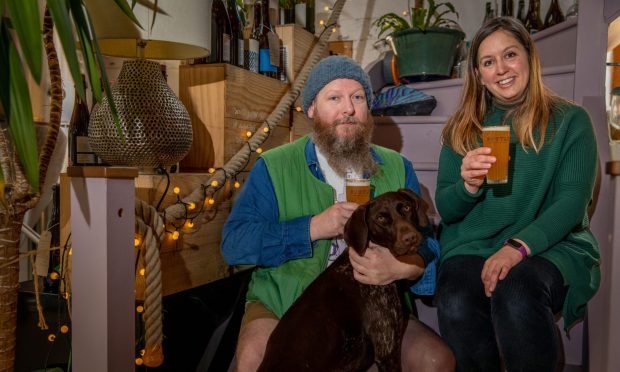
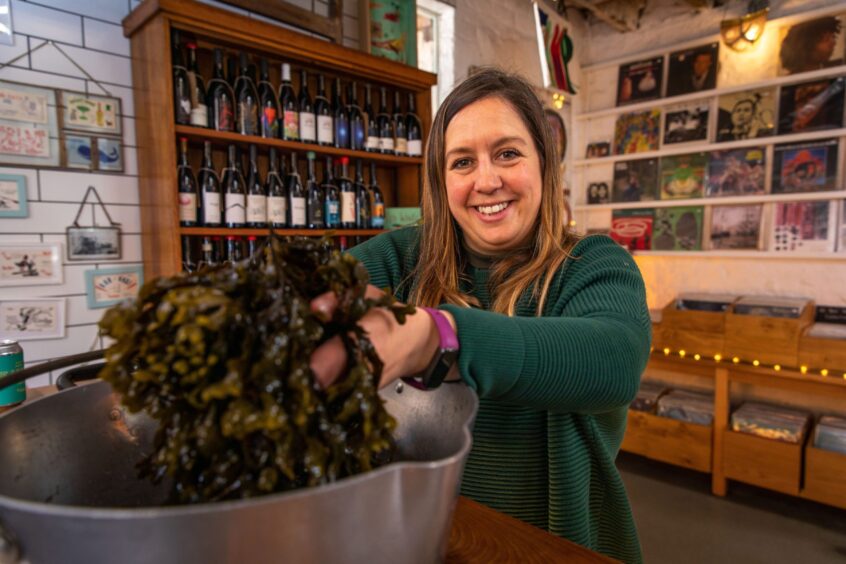
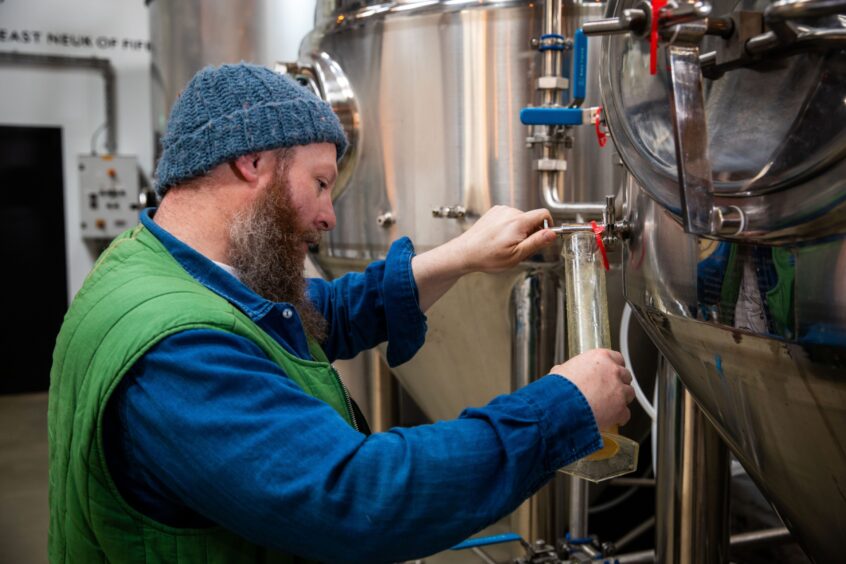
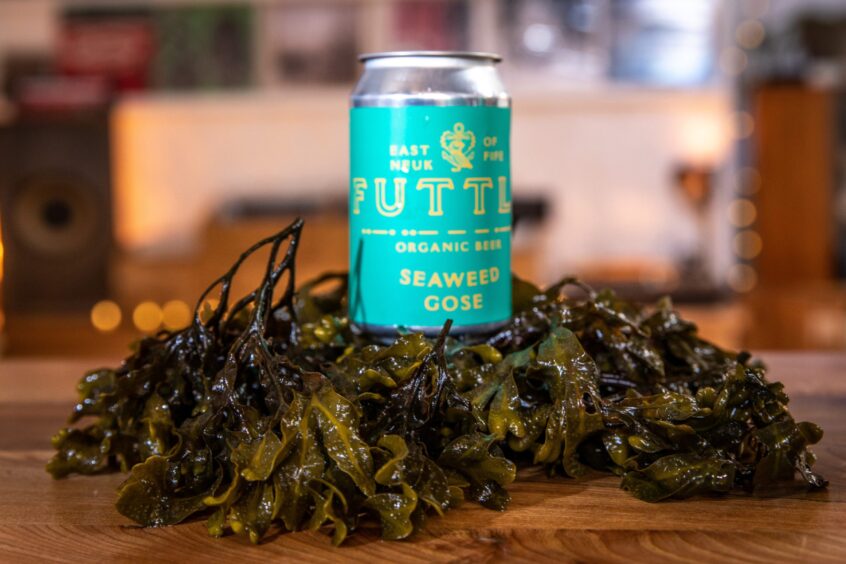
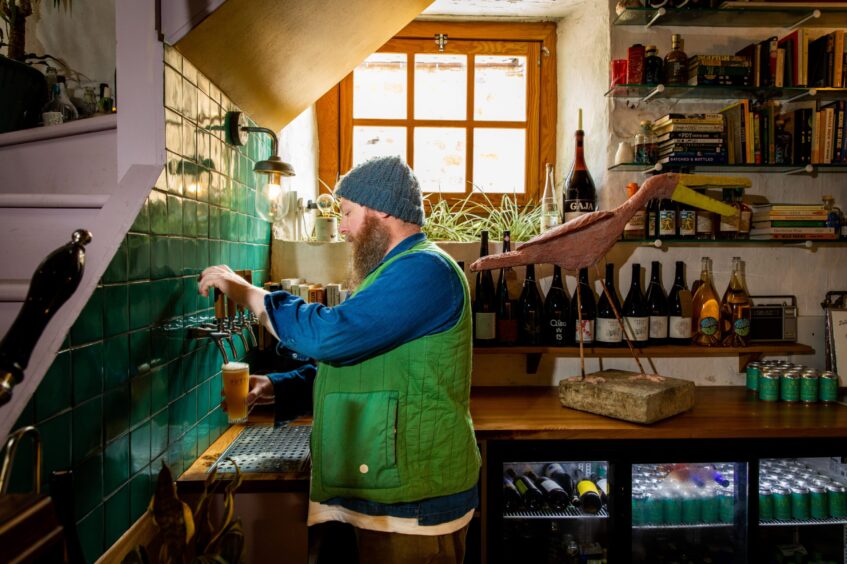
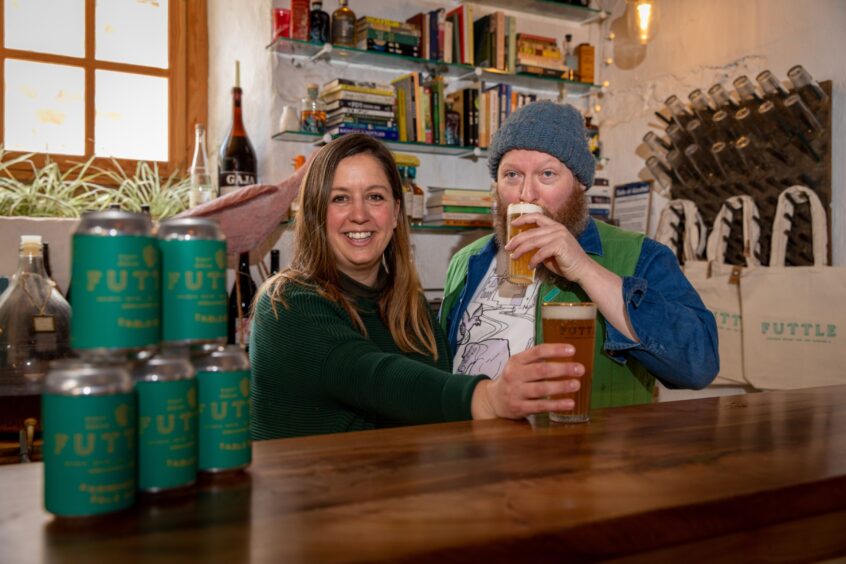
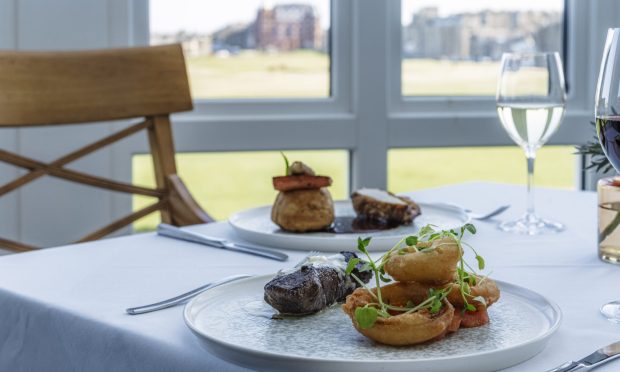
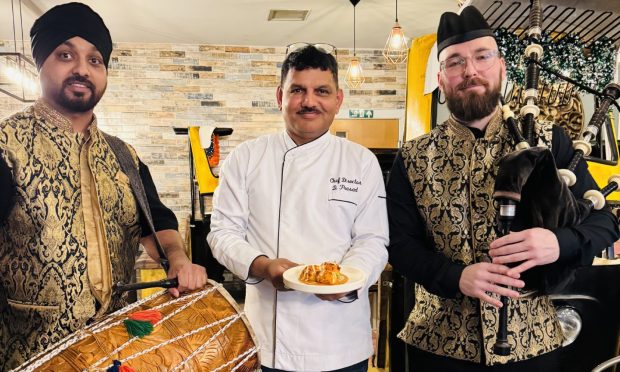
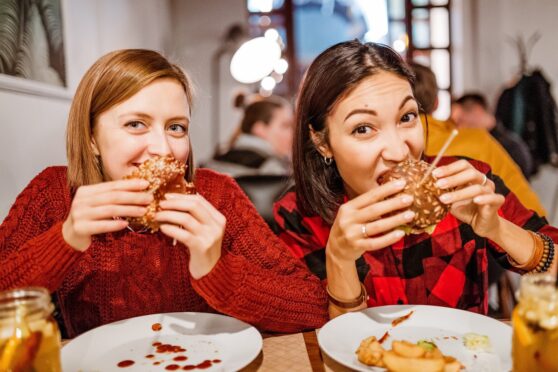
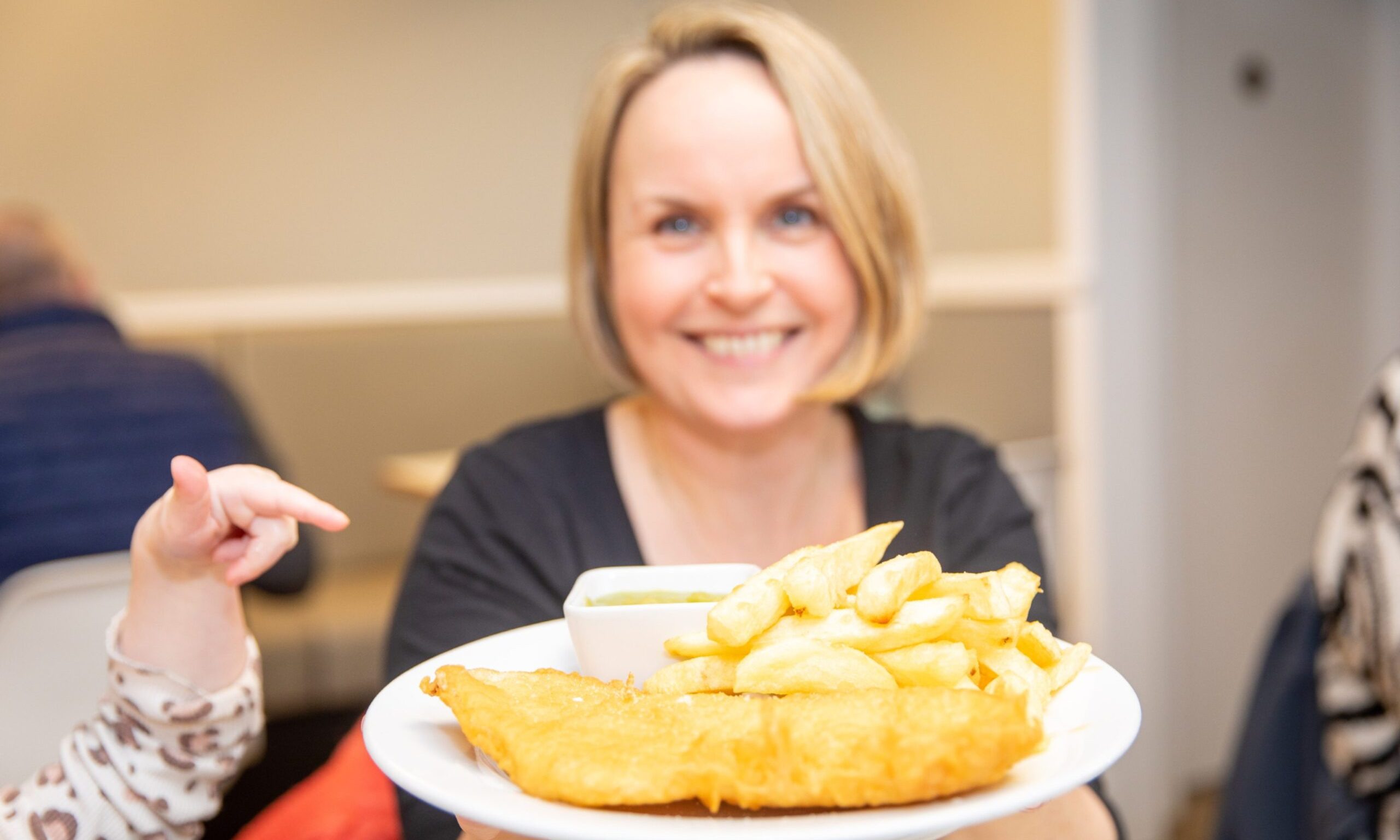
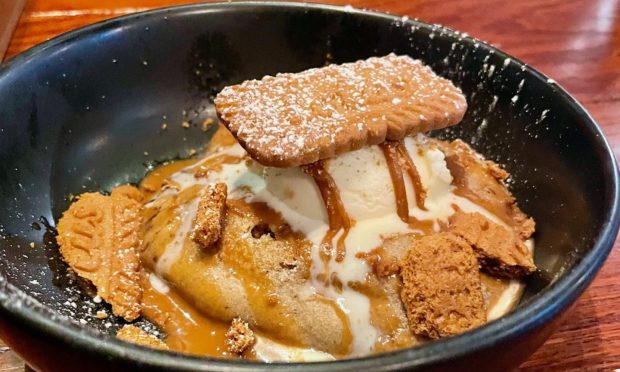
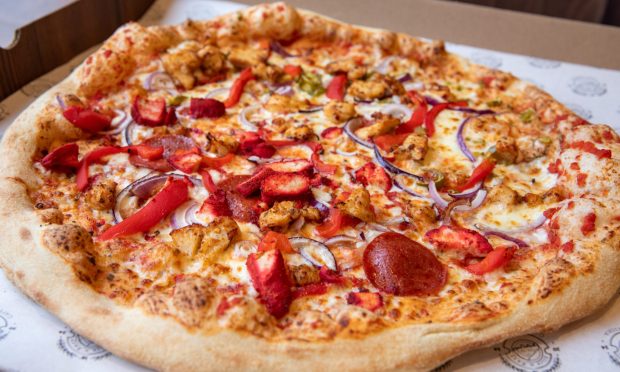

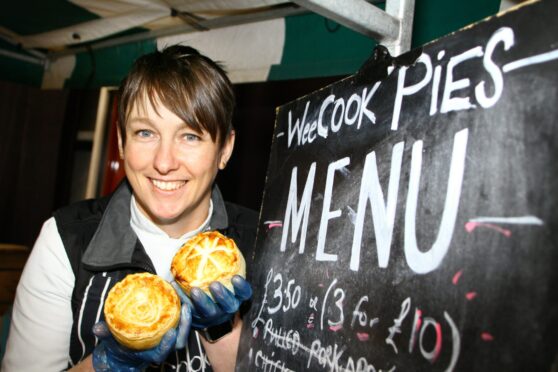
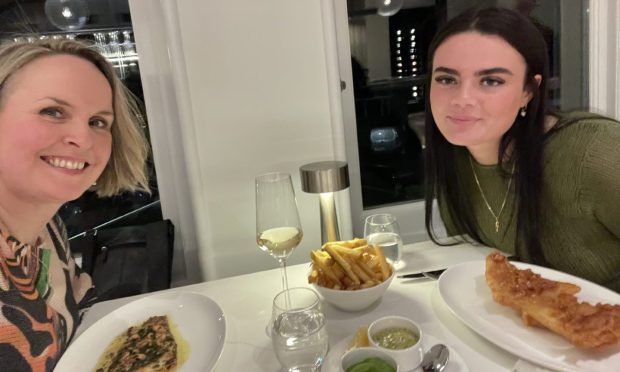
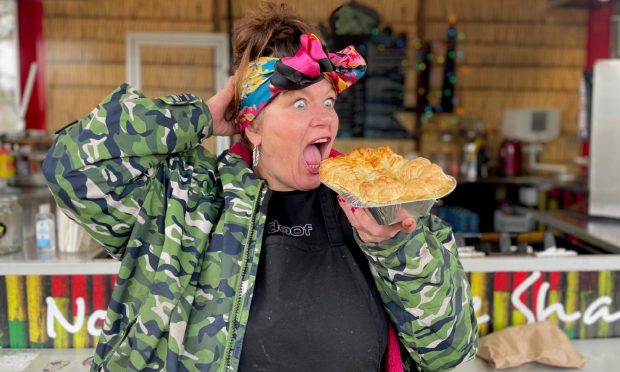
Conversation